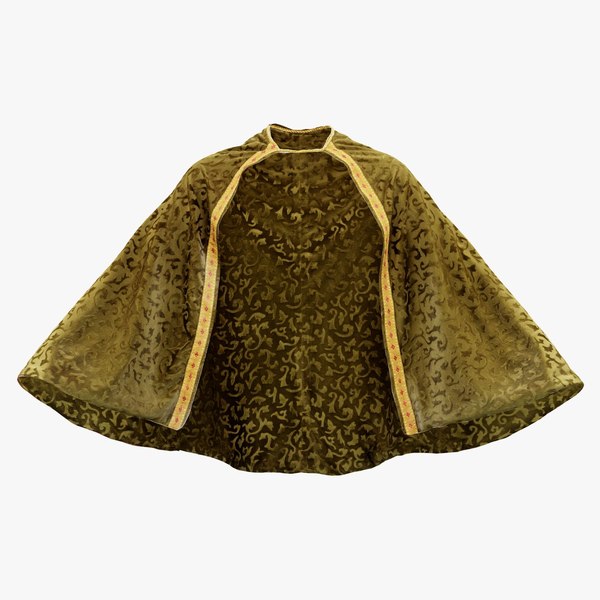Where Is Ghana Located On The Map Of Africa Is Essential For Your Succ…
페이지 정보

본문
 Introduction:
Introduction:This study aims to investigate the usage of the word "when" in the Afrikaans language. Afrikaans is a widely spoken language in South Africa, and understanding its grammar and syntax is essential for effective communication. The word "when" plays a crucial role in expressing time-related concepts, and this study will explore its various applications and usage patterns.
Methods:
To conduct this study, a comprehensive analysis of Afrikaans literature, grammar books, and online resources was performed. Additionally, native Afrikaans speakers were interviewed to gather their insights on the usage of "when" in different contexts. The collected data were then examined to identify common patterns and variations in the usage of the word.
Results:
The word "when" in Afrikaans is typically translated as "wanneer." It is commonly used to inquire about the time or duration of an event. For example, "Wanneer gaan jy werk?" translates to "When are you going to work?" Similarly, it is used to ask about the time of an appointment, as in "Wanneer is die vergadering?" meaning "When is the meeting?"
Furthermore, "when" is also used to express conditional statements in Afrikaans. For instance, "Wanneer jy klaar is, kom dan hier" translates to "When you are finished, come here." In this context, "when" indicates a condition that needs to be fulfilled before the subsequent action can take place.
 Moreover, "when" is frequently used in narrative sentences to indicate a specific point in time. For example, "Die kinders het gisteraand gespeel, toe dit begin reën" translates to "The children were playing last night when it started raining." Here, "when" is used to denote the occurrence of an event in relation to another event.
Moreover, "when" is frequently used in narrative sentences to indicate a specific point in time. For example, "Die kinders het gisteraand gespeel, toe dit begin reën" translates to "The children were playing last night when it started raining." Here, "when" is used to denote the occurrence of an event in relation to another event. Interestingly, the word "when" can also be used in Afrikaans as a relative pronoun. For instance, "Die tyd wanneer ek daar was" translates to "The time when I was there." In this context, "when" functions as a pronoun to refer to a specific time or event.
Interestingly, the word "when" can also be used in Afrikaans as a relative pronoun. For instance, "Die tyd wanneer ek daar was" translates to "The time when I was there." In this context, "when" functions as a pronoun to refer to a specific time or event.Discussion:
The study findings reveal that the word "when" in Afrikaans has multiple applications and is used to express time-related concepts, conditions, and relative clauses. When you loved this short article and you want to receive more details about where is soweto located in south africa assure visit the webpage. The usage of "when" is consistent with the grammatical rules of the language and is widely understood by native speakers.
Conclusion:
In conclusion, this study provides a detailed analysis of the usage of the word "when" in Afrikaans. The findings highlight its versatility in expressing time-related concepts, conditions, and relative clauses. Understanding the usage of "when" is crucial for effective communication in Afrikaans, and this study contributes to a better understanding of the language's grammar and syntax. Further research could explore the usage of "when" in different dialects and regional variations of Afrikaans.
- 이전글Bus From Kimberley To Johannesburg Is essential For your Success. Read This To seek out Out Why 24.04.30
- 다음글Detailed Notes on Piękne Słowa Dla Ukochanego In Step by Step Order 24.04.30
댓글목록
등록된 댓글이 없습니다.




 02.6010.5010
02.6010.5010
 010.4203.4380
010.4203.4380




